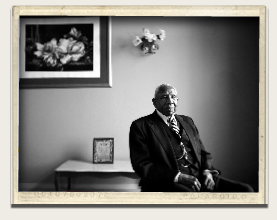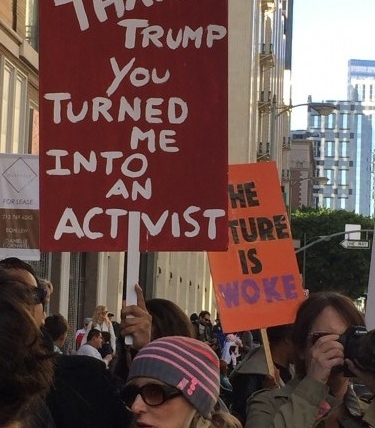Meeting One of My Heroes
In March, I got to meet one of my idols, Jane Goodall. Although she is famous for her pioneering work with chimpanzees, discovering their commonalities with humans, and becoming an champion for conservation, most people don’t know her incredible backstory: the determination that took her from a girl who loved a chimpanzee stuffed animal and animal books like “Dr. Doolittle” to a young woman waitressing to pay for a ticket to Africa; her initiative to travel in 1957 when it was rare for a woman to do so without a male companion; the job she landed as a scientist’s assistant despite objections that she was a woman without a college education; and her achievements including receiving a doctorate from Cambridge University despite her lack of an undergraduate degree. I’ve read the children’s book “Who Is Jane Goodall?” to my two sons, so I’m familiar with her life story, but it was still a thrill to have the opportunity to hear her tell it in person.
At a Saturday afternoon gathering for tea at the home of philanthropists and TV and film luminaries Norman and Lyn Lear, just two weeks before Jane’s 83rd birthday, it was clear that she remains as impressive and committed today. She travels about 300 days out of the year, speaking with audiences about how her groundbreaking work with primates relates to larger issues around conservation, climate change, and food systems. Since 1977, the Jane Goodall Institute has worked to protect chimpanzees and wildlife habitats, and since 1991, a program she founded for youth, Roots & Shoots, has empowered young people to design and implement service projects.
“Coaxing the head of a federal agency over a fancy dinner to change policy would, you might think, require a rather different set of character traits than sitting quietly alone in the jungle, observing and categorizing primate behaviors,” the New York Times wrote in 2015 about Jane Goodall’s impact. “But if her interactions with government officials from the United States, France, Tanzania and Burundi, as well as executives from Silicon Valley, are any indication, the skill sets are not so different: patience, purpose, perception.”
At ProSocial, we seek to combine those same approaches: evidence-based analysis on the one hand, and communications that inspire social change on the other.
After Jane finished speaking to the gathered guests, I went up to her, thanked her for her ongoing commitment, and captured the moment in the photo you see here.
For more on how young people can launch social-change missions, check out the Roots & Shoots program, one of the many ways the Jane Goodall Institute is working to help animals, people, and the environment.
—Meredith Blake, CEO & Founder, ProSocial



